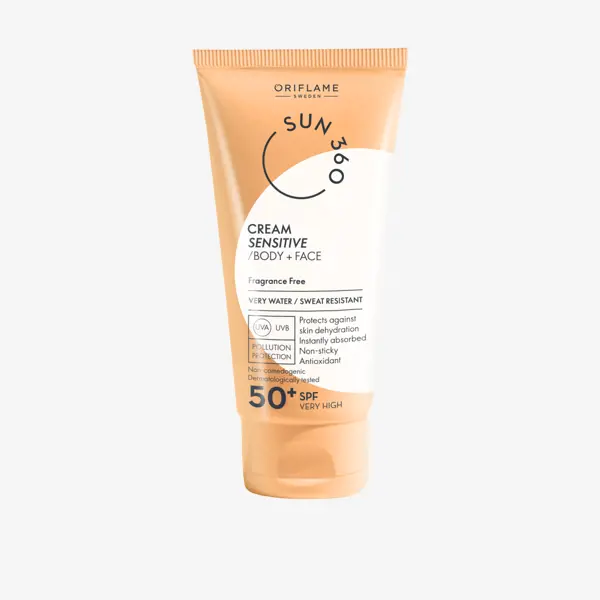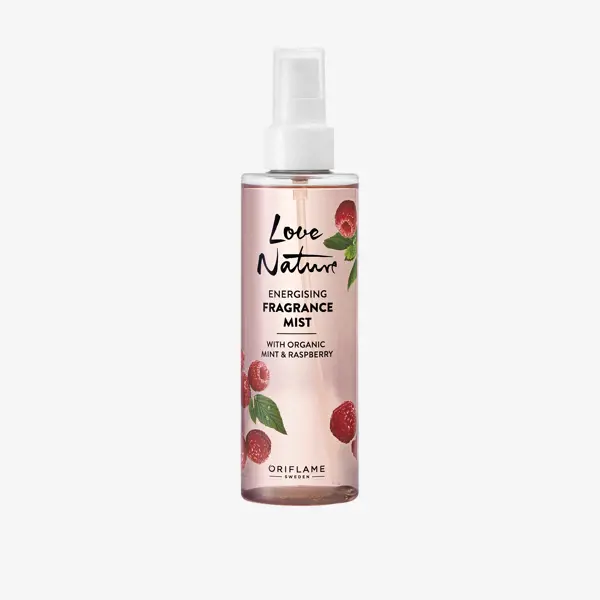Description
Description
- High in 12 vitamins: A, C, D, E, Thiamine (B1), Riboflavin (B2), Niacin (B3), Pantothenic Acid (B5), Pyridoxine (B6), Biotin (B7), Folic Acid (Folate/B9), Cobalamin (B12)
- High in 8 minerals: Chromium, Copper, Iodine, Iron, Manganese, Molybdenum, Selenium, Zinc
- Source of Calcium and Magnesium
- No preservatives
- No artificial colours or flavours
- No added sugar or sweeteners
- Suitable for vegetarians
- Gluten free
- Non-GMO
- Created in Sweden
- 60 tablets – 1 tablet a day
Note: Food supplements should not be used to substitute for a balanced and varied diet. Do not exceed recommended daily dose.
Nutritional profile per tablet:
Pomegranate fruit extract 0.5mg, Vitamin A 800μg (100%*), Vitamin D 5μg (100%*), Vitamin E 12mg α-TE (100%*), Vitamin C 80mg (100%*), Thiamine (B1) 1.1mg (100%*), Riboflavin (B2) 1.4mg (100%*), Niacin (B3) 16mg-NE (100%*), Pantothenic acid (B5) 6mg (100%*), Pyridoxine (B6) 1.4mg (100%*), Biotin (B7) 50μg (100%*), Folic acid (B9) 200μg (100%*), Cobalamin (B12) 2.5μg (100%*), Calcium 150mg (19%*), Magnesium 100mg (27%*), Iron 7mg (50%*), Zinc 10mg (100%*), Copper 1000μg (100%*), Manganese 2mg (100%*), Selenium 55μg (100%*), Chromium 40μg (100%*), Molybdenum 50μg (100%*), Iodine 150μg (100%*).
%* = EU NRV (Nutrient Reference Value)
Why are vitamins and minerals important for my health?
Vitamins and minerals are micronutrients, which come from many food sources.
There are 28 vitamins and minerals, which are essential for your health and wellbeing (WHO, 2021). Every vitamin and mineral plays a role in the normal function of our bodies to keep them healthy. The recommended amount of vitamins and minerals to consume each day depends on your age, gender and life stage (EFSA, 2017). We can obtain vitamins and minerals from many different food sources – especially fruits and vegetables, whole grains, nuts and seeds.
Vitamin & mineral deficiencies
Globally, populations are consuming more nutrient-poor foods, high in calories, sugar, and fat, that often replace healthier foods (Vasileska & Rechkoska, 2012) and very few populations around the world meet the recommended intakes of fruit and vegetables (WHO, 2003). Habits like skipping meals reduce intakes of key nutrients including calcium, iron, and vitamin D (Barton et al., 2005; Zeballos & Todd, 2020). Getting too little of certain vitamins and minerals over a long period of time can result in deficiencies and increase the risk of diseases (WHO, 2021).
• Iron, iodine, zinc, folate (B9), vitamin D and vitamin A deficiencies are the most widespread micronutrient deficiencies worldwide (EFSA, 2009).
• Dietary supplements can help to bridge the gap of micronutrient shortfalls as part of a balanced and varied diet (Biesalski & Tinz, 2016; Rautiainen et al., 2016).
Barton BA, Eldridge AL, Thompson D, et al. The relationship of breakfast and cereal consumption to nutrient intake and body mass index: the National Heart, Lung, and Blood Institute Growth and Health Study. J Am Diet Assoc. 2005 Sep;105(9):1383-9. doi: 10.1016/j.jada.2005.06.003.
Biesalski HK, Tinz J. Multivitamin/mineral supplements: Rationale and safety – A systematic review. Nutrition. 2017 Jan;33:76-82. doi: 10.1016/j.nut.2016.02.013. Epub 2016 Mar 4.
EFSA (European Food Safety Authority), 2017. Dietary reference values for nutrients: Summary report. EFSA supporting publication 2017:e15121. 92 pp. doi: 10.2903/sp.efsa.2017.e15121.
EFSA Panel on Dietetic Products, Nutrition and Allergies (NDA); Scientific Opinion on the substantiation of health claims related to iron and formation of red blood cells and haemoglobin (ID 249, ID 1589), oxygen transport (ID 250, ID 254, ID 256), energy‐yielding metabolism (ID 251, ID 1589), function of the immune system (ID 252, ID 259), cognitive function (ID 253) and cell division (ID 368) pursuant to Article 13(1) of Regulation (EC) No 1924/2006 on request from the European Commission. EFSA Journal. 2009;7(9):1215. [20 pp.]. doi: 10.2903/j.efsa.2009.1215
Rautiainen S, Manson JE, Lichtenstein AH, Sesso HD. Dietary supplements and disease prevention – a global overview. Nat Rev Endocrinol. 2016 Jul;12(7):407-20. doi: 10.1038/nrendo.2016.54..
Vasileska A, Rechkoska G. Global and regional food consumption patterns and trends. Proc Soc and Behav Sci. 2012;44:363-69. doi: org/10.1016/j.sbspro.2012.05.040.
WHO. Diet, nutrition and the prevention of chronic diseases. Report of a joint WHO/FAO expert consultation. Geneva, 28 January – 1 February 2002. WHO Technical Report Series; 916. Geneva, World Health Organization, 2003.
WHO. Fact Sheet – Malnutrition. Geneva, World Health Organization, 2021. Available at: https://www.who.int/news-room/fact-sheets/detail/malnutrition.
Zeballos E, Todd JE. The effects of skipping a meal on daily energy intake and diet quality. Public Health Nutr. 2020 Dec;23(18):3346-55. doi: 10.1017/S1368980020000683.
There are no question found.









Rating & Review
There are no reviews yet.